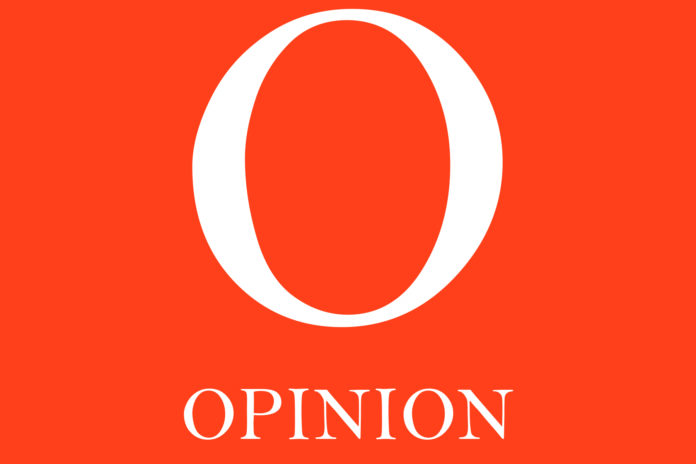Our View is a staff editorial produced collaboratively by the entire Rocket Staff. Any views expressed in the editorial are the opinions of the entire staff.
To review our editorial policy, which includes our blotter policy, click here.
How many of us knew about the “Barbenheimer” double feature but know little to nothing about the conflicts happening around the world right now?
Since Oct. 7, over 11,000 Palestinians have been killed by Israeli attacks, according to CNN. War has been ongoing in Sudan since April. PBS reports up to nine thousand people have been killed, and millions of people have been displaced from their homes.
Though we may not like to admit it, most of us do not feel thoroughly educated on either of these foreign tragedies.
As university students, we are older and have even more access to information and resources, but we found that it was easier to stay informed in high school. Teachers seemed to incorporate more discussions about current events into the curriculum.
This is not to say that classes need to focus on global issues, but it is a way to make sure that we as students and people are always learning and staying educated about the world around us.
For many people, social media is the easiest and quickest way to receive news and updates, both locally and not. The beauty of social media is that our feed is able to be specially curated to our interests, needs and what we want to see on the day-to-day.
This is also a negative. How many people are following news outlets, journalists or other reliable opinion leaders? Oftentimes, younger minds will adopt the opinion of their favorite influencer as their own and not expand their knowledge past a 30-second clip they watched while mindlessly scrolling.
Social media only gives us bite-sized pieces of information. Inferences are usually gathered from headlines or comments. Our shortened attention spans often keep us from digging deeper.
There are a few different reasons why someone may not choose to stay informed on these topics. Some of us on staff feel that following creators who focus on world events can cloud the place we go for enjoyment.
Others of us do curate our social media to show us current events, on-the-ground coverage and information about events throughout the world. One way to accomplish this is by following journalists who are covering these events in real-time.
All of us, regardless of age, need to do a better job at being informed about what is happening both around us and the globe.
We as a society have access to information using the small devices in our pockets. Staying informed is easier than it has ever been. We need to make more of an effort to educate ourselves.
As a staff, we agree that since we have come to college, we have lost track of the world around us. We have found ourselves researching less on our own and not going out of our way to learn about what is happening.
Whether it be because we are too busy, too tired or too bummed out by our own stressors around us, we have lost touch.
How do we as college students stay informed? How can higher education better encourage these discussions?
We think that trying to incorporate some of these discussions in class could be beneficial to overall awareness. For example, in an introductory science class at SRU called “Understanding the Physical World,” some staff members remember talking about climate change, while others only talked about earth structures.
Of course, it is up to individual professors how they choose to teach the curriculum. However, we think this is a way to further our thoughts and education about the world around us.
We strive to better educate ourselves and continue learning on our own, and we hope this inspires you to do so as well.







